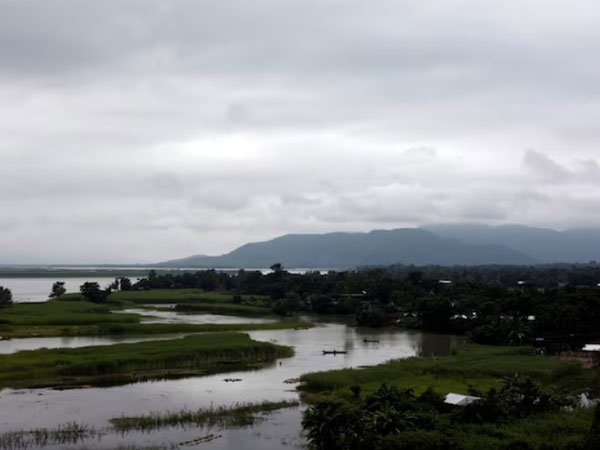India Raises Alarm Over China's Mega Dam in Tibet: A Geopolitical and Environmental Flashpoint
India's government voices concerns over China's mega dam on the Yarlung Tsangpo River, citing ecological, water security, and geopolitical risks. The project, dating back to 1986, threatens regional ecosystems and India's interests. New Delhi calls for transparency and resumed hydrological data sharing during diplomatic talks.

- Country:
- India
The Government of India has expressed serious apprehensions regarding China's construction of a mega dam on the Yarlung Tsangpo River in Tibet, a development that could significantly impact South Asia's ecology and geopolitics. The Ministry of External Affairs is closely monitoring China's hydropower project on this critical river in Tibet.
First announced in 1986, this project raises substantial concerns in India due to its potential effects on local interests and tribal livelihoods. Minister of State for External Affairs, Kirti Vardhan Singh, emphasized that the government vigilantly observes all developments concerning the Brahmaputra River and takes necessary measures to safeguard national interests.
During a Rajya Sabha session, the MEA noted the construction commencement of this mega dam by China, underscoring India's commitment to protect its regional interests. With the Yarlung Tsangpo's headwaters originating in Tibet, passing through India, and eventually merging with the Ganges, any upstream disruption could have wide-reaching effects across the region's ecosystems and agriculture.
Environmentalists warn of the dangerous implications of such infrastructure in seismically active regions, citing risks like disrupted river flows and biodiversity loss. India has initiated high-level discussions with China, urging transparency and consultation with affected downstream nations.
India continues to advocate for the resumption of hydrological data sharing, a practice China has halted during critical monsoon seasons. During Foreign Minister S. Jaishankar's recent visit to China for SCO's Foreign Ministers' Meeting, this issue was revisited.
While China promotes the dam as a renewable energy initiative, India remains wary, perceiving it as a potential strategic tool to control water flows, holding substantial implications for South Asia's geopolitical landscape.
(With inputs from agencies.)










